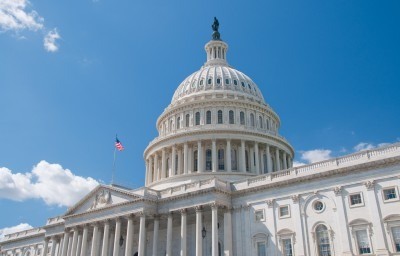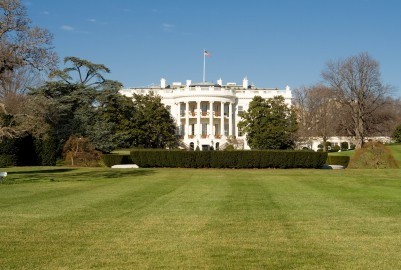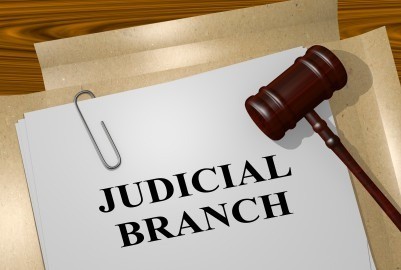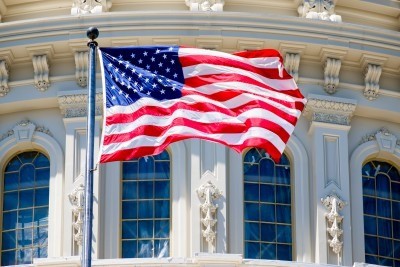When you read this question, do you feel like you are on a game show trying to win the big prize? The branches of government aren’t something that we think about, and a refresher is always helpful. The three branches of government include the Legislative Branch, the Executive Branch, and the Judicial Branch. They each have a job to do and people to accomplish them. There are also checks and balances to keep each of the branches from having too much control. Without each of these branches, the Government would not be able to function.

The Legislative Branch
The primary duty of the Legislative Branch is to make laws. There are two sections within this Branch: The House of Representatives and the Senate. The House of Representatives is elected by the people, and there are 435 in total. They get to serve for two years before another election takes place. The people also elect the Senate, two Senators are chosen for each state. They serve for six years, and like the House of Representatives, there is not a limit on the number of times they can be elected. The House of Representatives and the Senate together have to approve the laws. If it doesn’t pass in one, it does not become a law. This Branch has the power to reject laws that are nominated by the President.

The Executive Branch
The Executive Branch is the enforcers. This Branch makes sure the laws are followed. The President and Vice President are two members for this Branch. They serve four years and can be selected only two times. The Cabinet makes up the rest of this Branch, which include the executive departments. The Cabinet and Vice President are there to be advisors and help the President with all his tasks. The President can put a stop to any legislation that the Congress brings to light.

The Judicial Branch
The Supreme Court makes up the Judicial Branch. One is the Chief Justice, and the other eight are Associate Justices. Their job is to interpret the meaning of the laws and make sure they do not go against the Constitution. They also have the responsibility of looking at specific cases and decide on how the laws apply. Federal Courts and Judicial Agencies to there to help handle cases that fall into those areas. The Judicial Branch can stop laws even after the Senate and the President have supported them, if they find that the law is unconstitutional.
More information can be found at USA.Gov. There is more depth to what each Branch has power over and the duties that they must perform. The checks and balances have been put in place to make sure one branch does not have more control than the others. These are all essential to having our Government work smoothly.

